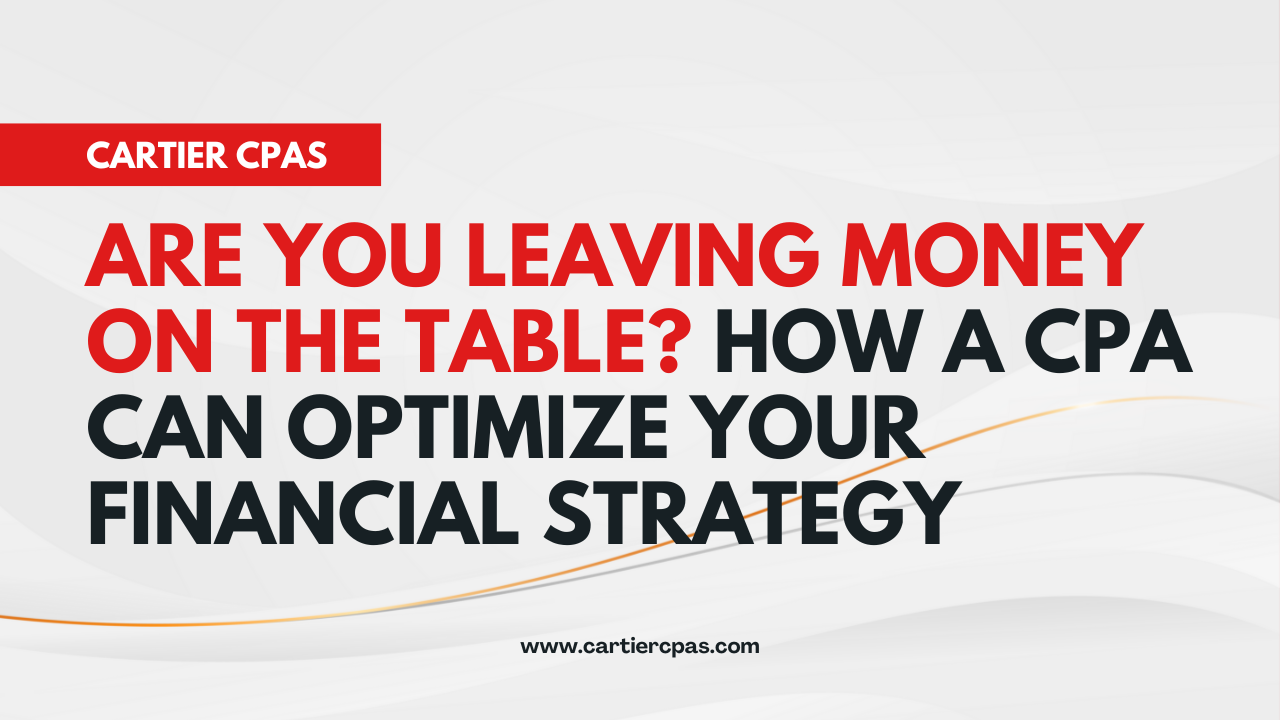4 Tips for Successfully Completing a Single Audit With Ease
The audit is an important part of your yearly financial reporting process. It provides you with detailed information about your finances and helps you to understand where your money went in the past year.
An audit is also a good way to make sure that there are no errors or mistakes in your finances. When done correctly, it will provide you with information which you can use to make important decisions for the future. However, not all audits are easy to complete - they can be time-consuming, complicated, and stressful. This guide will help you get through the audit process while also making it easier for you to understand what each section means. Read on below to find out how!
Importance of the Audit Process
An audit is a formal examination of your company's financial records. It's an important part of the yearly financial reporting process and provides detailed information about your finances from the previous year. To calculate your yearly budget and keep track of your financial growth, an audit plays a crucial role.
Proper Planning for the Audit
When you're completing your audit, it's important to stay organized. This will make your audit go more smoothly and ensure that you get the most out of it.
Firstly, create a schedule which includes major tasks like filling out financial documents, meeting with knowledgeable professionals for advice, and reviewing your financial statements.
Next, set aside a space in your home or office where you can work on the audit. You'll want a quiet place where you won't be distracted by other things going on in the house.
You also need to take care of yourself when auditing so you can focus on the task at hand. Make sure that you have enough food and drink available - don't underestimate how much energy an audit can require! If possible, do some light exercise before starting work to help relieve stress and get your body moving.
Finally, know what type of information you're looking for from the audit process in advance in order to make it easier for yourself in the long-run. Remember: Your goal is not only to complete an audit but also to use it as a tool for making future business decisions.
An audit, being an in-depth examination of a company's financial records, is accomplished by a third party who reviews the company's books and records to ensure that all transactions have been accounted for.
An audit isn't just something you can turn on and off when you're in need of one. Audits are done yearly or quarterly, depending on the size of your business and how much money it takes in. They often take anywhere from a few hours to a day or two to complete, but they can be more detailed and take longer if necessary.
In the audit process, the auditor will look over your finances - from cash receipts to bank deposits and everything in between - to make sure that everything balances up correctly.
How to Approach Each Subsection
The audit may seem daunting, but it doesn't have to be. If you take the time to understand all of the sections, you will find it easier to complete.
The first part of an audit covers your income statements. Income statements are an overview of how much money you made or lost during a specific period. You can use the information in this section to learn about your revenue and expenses - things like cost of goods sold and salaries.
The revenue section also lists information on your costs that come from outside sources, like supplies or services. The expenses section shows what it cost for things like rent, utilities, or transportation costs.
Next up is your balance sheet which includes information about your assets, liabilities, and equity (the amount of money you've earned) at the end of the year. Depending on how much money each line item totals up to, these numbers can either make you happy or sad when they're totaled together. The balance sheet is important because it tells you how much money you have in total at any given time.
Conclusion
An audit has a lot of importance in your business raising and finance raising. A successful audit can be accomplished by following these five steps. Proper planning, meticulous attention to detail, and an understanding of the process. We hope reading this helped you highlight steps to achieve a perfect audit!
How to Prepare for the Audit
The audit is a yearly process and it's important to make sure you're prepared for it. The first step is to make sure you have all the necessary documentation and records for your business.
There are several different types of documents that need to be kept on file; financial, legal, and tax documents. It's important that these documents are organized and easy to find when needed.
If you don't already have a system in place, start by creating one. You can use filing cabinets, binders, folders, or databases to organize your files. Keep everything neatly labeled so it's easy to find what you're looking for!
Another important thing to keep in mind is the location of your records and documentation:
-Keep them at home if they're personal or proprietary information - this includes customer lists and product plans
-Keep them at work if they're office related - this includes budgets and project plans
-Keep them at a trusted third party storage facility if they are sensitive materials - this includes bank statements
Contact us today, at Cartier CPA's our goal is to provide clients with the highest level of respect and quality of service.










